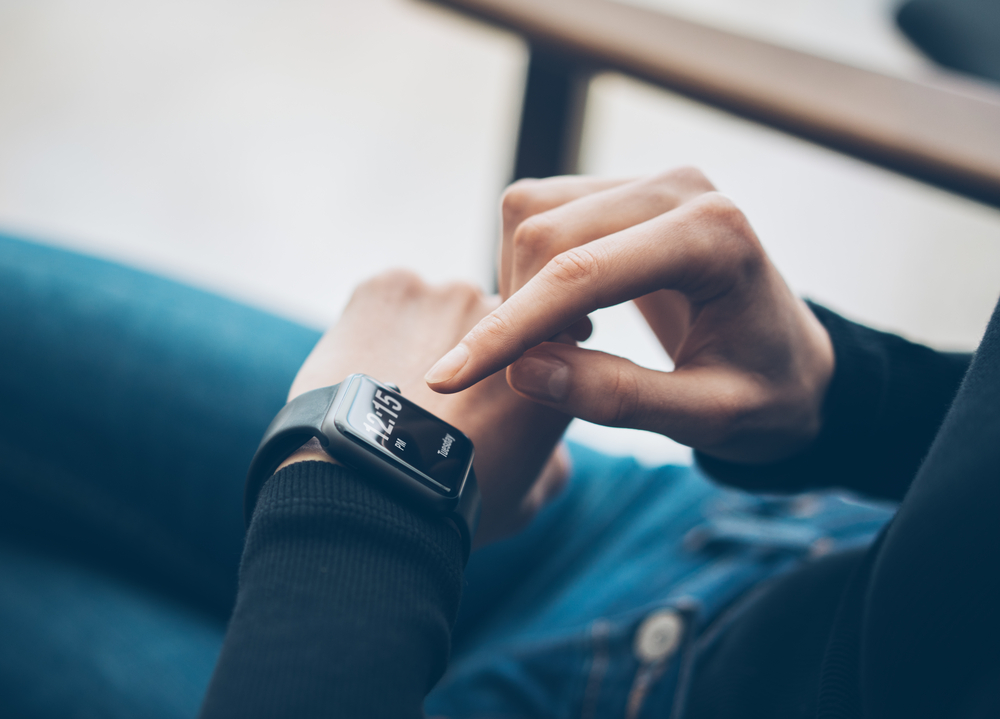Global Kinetics Gets Funding for Trial of Its Wearable Device for Recording Parkinson’s Movement Data
Written by |

Global Kinetics Corporation has obtained $350,000 in foundation funding to conduct a global clinical trial of its wearable device for recording Parkinson’s patients’ movement information.
In addition to tracking movement, the watch-like Personal KinetiGraph reminds patients to take their medication and records when they do.
The Michael J. Fox Foundation, Shake It Up Australia Foundation and Parkinson’s Victoria put up the trial money.
With many chronic diseases, doctors have ways to monitor symptoms and adjust treatments. Examples are blood sugar levels in people with diabetes and blood pressure in those with heart disorders. But no such metric exists for Parkinson’s disease.
“The experience of Parkinson’s varies day to day, hour to hour,” Mark Frasier, senior vice president of research programs at the Fox foundation, said in a news release. “An objective tool, such as the wearable PKG [Personal KinetiGraph] technology, that passively collects data on the lived experience of Parkinson’s disease outside the clinic” could help, he said.
It “could give patients and their doctors greater insight to calibrate treatment plans and improve outcomes and give scientists a metric with which to measure therapeutic impact and test potential therapies faster,” Frasier said.
The Personal KinetiGraph records Parkinson’s patients’ movement information while they are at home and performing their daily activities, without interfering with the activities. The information can show if a patient is having difficulty moving or is moving slower.
Once the results are uploaded and processed, they are emailed to the patient’s doctor. He or she gets both raw numbers and graphics that show patients’ involuntary movements and whether they are moving too slowly.
The doctor also obtains information on patient’s movement fluctuations, immobility, tremors, and whether they are taking their medication.
A previous study showed that Personal KinetiGraph has the potential to help assess patients’ symptoms, collect information useful to understanding the progression of their disease, and personalize their treatments.
The Treat-to-Target trial’s main objective will be to see if the device helps improve the routine care of Parkinson’s patients.
Global Kinetics designed the trial after research showed the benefits of using objective assessments and treatment targets for Parkinson’s disease.
The study will cover 225 patients in Australia, Europe and the United States. Researchers will follow them for 18 months. The trial has already started in Australia. Patient recruitment in the U.S. and Europe is expected to start soon.
Interim results are expected by December 2018. Final results and guidelines for doctors’ use of the device will be released in early 2019.
“Shake It Up Australia is excited to support the PKG technology in this trial,” said Clyde Campbell, the organization’s founder and chief executive officer. The device gives patients, their neurologists and researchers “a real-life picture of current symptoms and responses to medications” — information that can make a difference in how Parkinson’s progression is dealt with, he said.




